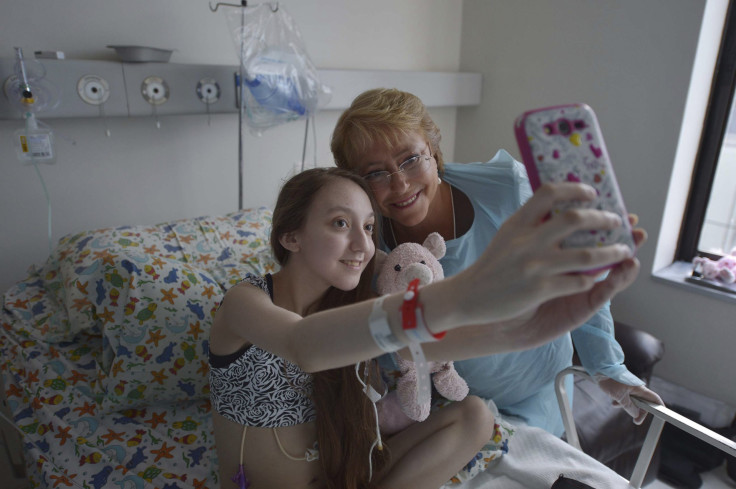Euthanasia tourists, especially from France, flocking to Belgium for a lethal dose

Euthanasia tourists are flocking to Brussels to get a lethal dose. Doctors at hospitals and clinics at Belgium’s capital are seeing an increase in number of euthanasia tourists who are travelling from across the world to their accident and emergency rooms.
As elective medical killings are illegal in France, French patients are often arriving with suitcases. They believe that their request to die will be carried out within a week.
In 2015, a whopping 2,023 people were medically killed in Belgium. The number has more than doubled in five years. According to Olivier Vermylen, an emergency doctor at Brugmann University hospital, seven out of 15 euthanasia cases involved French people.
“It’s a phenomenon that did not exist five or six years ago. Nowadays I get phone calls about French people who arrive in the emergency room announcing that they want euthanasia,” Vermylen told Belgium’s Sudpresse newspaper, reports The Times.
Even at the Jules Bordet institute in Brussels, almost a third of euthanasia consultations, that is 40 out of 130 cases, are by French people. One of the primary reasons why people choose to get euthanized in Belgium is the cost.
Euthanasia in Switzerland costs €4,000 (AU$5,935), writes The Australian. However, euthanasia in Belgium is usually free as the treatment is covered by the European Union’s health insurance card. The bills are sent to French healthcare providers.
Generally, a lethal injection is administered by doctors to end a person’s suffering. Euthanasia was made legal in Belgium on May 28, 2002. In 2013, the law was extended to allow children to be euthanized.
“Of course, Belgium is not here to euthanize half the planet. I can understand those who say that France should look after its own patients. But this is easy to say in the office. When you have a patient who is suffering in front of you, you don’t think of that. You help - whether they are French or not,” said Brugmann University hospital’s Michele Morret-Rauis.





















